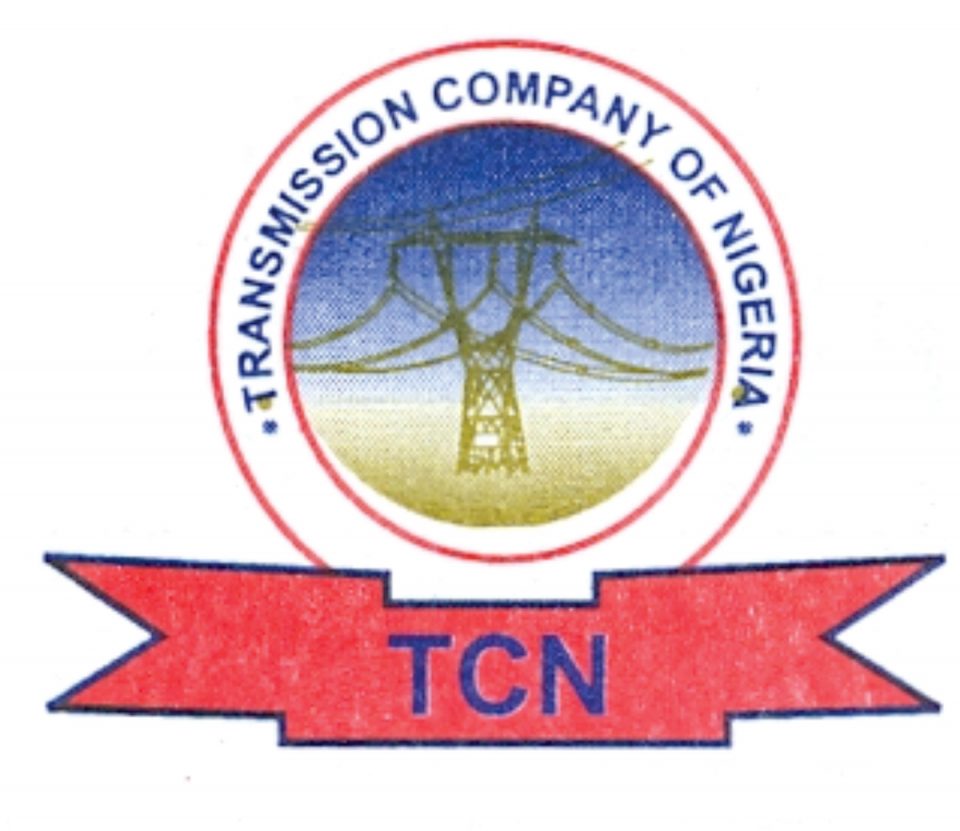The about N1.5tn intervention of the Federal Government in the power sector is not reflecting in the current performance of the industry, the Transmission Company of Nigeria said on Thursday.
According to TCN, the intervention was done to boost the performance of operators in the power value chain but this had yet to improve the outputs of players in the space.
The General Manager, Market Operations, TCN, Edmund Eje, explained that one of the major reasons for this was the non-compliance in efficient payment of invoices issued distribution companies as this had created a huge market gap.
Eje, who spoke at the virtual Power Dialogue in Abuja, said, “Apart from tariff gap, which occurs in every market from time to time due to the movement of some macroeconomic indices, we now have market gap.
“This market gap, which is as a result of the non-payment of 100 per cent of the issued invoice, has become a perpetual sickness in the power sector.
“And that forced the Federal Government to come with subventions such as N600bn, N701bn and all that. This amounted to about N1.5tn injected into a business that has been privatised.”
He added, “It looks funny, but the government committed it to make sure that this privatisation works. However, this money is nowhere to have its reflection today within the performance of everybody in the value chain.”
The TCN official stated that one of the major problems confronting the sector was that the power distribution companies were sold to investors who lacked enough capital.
He said most of those who officially took over the Discos in 2013 borrowed funds from banks and were busy trying to repay the loans instead of strengthening their networks.
Eje said, “On issues of funding, probably one could also blame the background on which these acquisitions were made. Firstly, in other climes, a public utility cannot be given to a single person to own.
“It cannot be given to someone who borrowed money from the bank. It is done through equity. It is understood that most of the acquisitions were done through credit, loans.”
He added, “These loans became staggering weights on some of the Discos and it prevented them from reducing their ATC&C (Average Technical, Commercial and Collection losses). They couldn’t do it because their first charge now became banks’ charge.
“Otherwise they started well. If they had had enough equity when they started, probably the first thing they would have done would be to strengthen their networks because the distribution business is money minting if managed well.”



